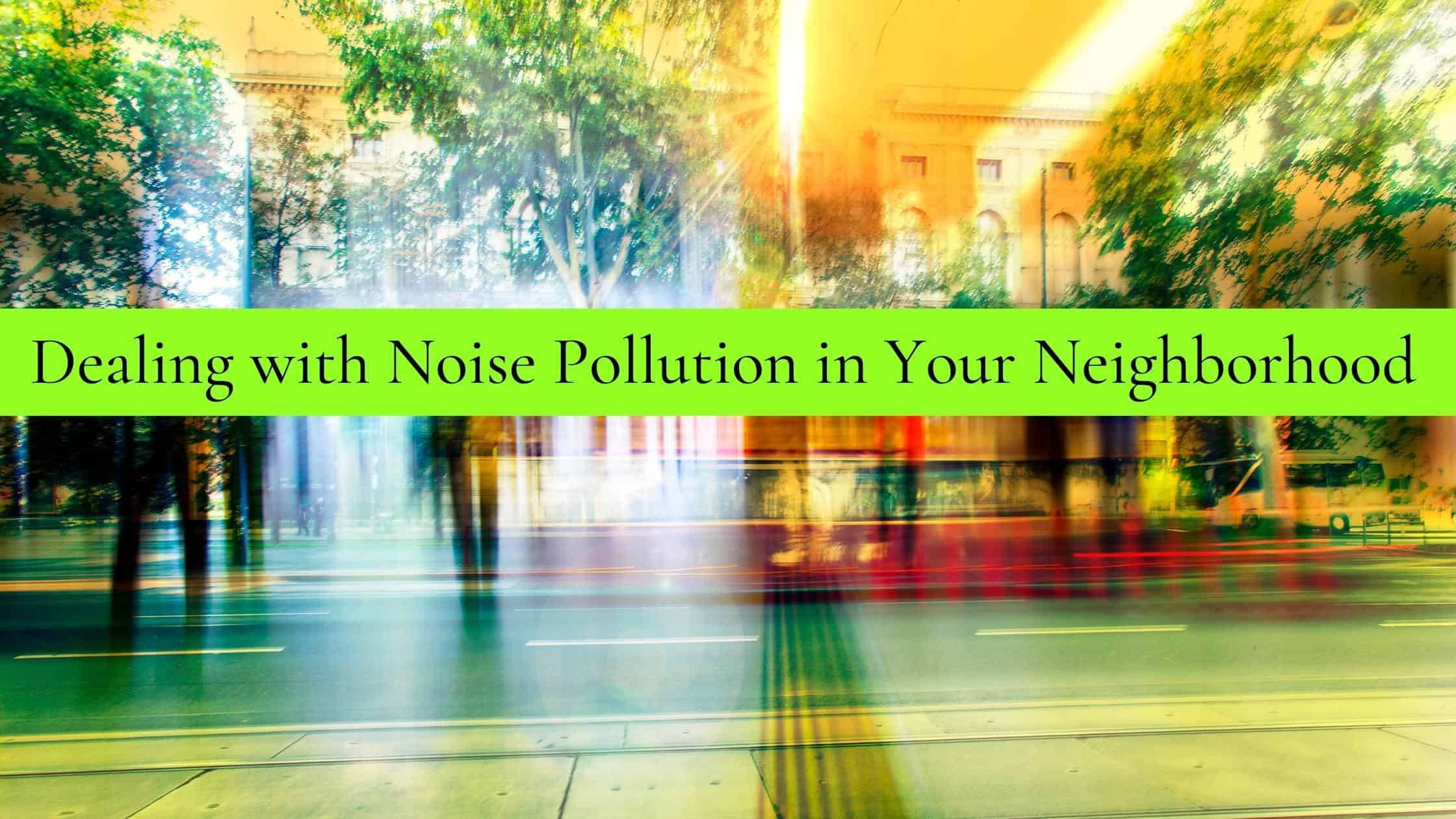
- Common Fears About Hearing Tests - May 28, 2025
- Best Hearing Aids for Active Lifestyles - May 16, 2025
- A Guide to Different Hearing Aid Styles - May 6, 2025
Our world is becoming increasingly loud and this affecting our neighborhoods and communities. Whether you live in an urban, suburban, or rural setting, there are sounds we are exposed to which could be impacting us and our family’s hearing. Sounds can be beautiful, cause us to relax or even elevate our mood. However, when sound becomes to constant and too loud, it quickly becomes classified as noise pollution. It’s essential to understand what constitutes noise pollution, so you can find out if you are being exposed to it in your neighborhood or home.
Surprising Sources of Noise Pollution
We become accustomed to the sounds around us, but this doesn’t mean it doesn’t affect us. If you live close to the highway at first it may not seem noticeable over months and years as it fades into the background of consciousness. This doesn’t mean it is not impacting general health, stress levels and even hearing ability. We take certain noises for granted as just being part of our surrounding, such as the lawn being mowed or passing traffic. However, you may be surprised that these sounds can reach levels which is slowly chipping away at hearing ability.
The Impact on Health Due to Noise pollution
Noise pollution doesn’t cause harm immediately. Its’ effects are conglomerative over time. Despite the level of sounds around you, your body isn’t designed to limit or turn off sounds you don’t want to hear. You won’t feel pain if your hearing is being damaged. Instead hearing damage affects communication and communication is key to feeling closeness with loved ones and building new relationships. It is also essential for success in the workplace. When hearing loss goes undiagnosed it affects all your relationships, your sense of independence and your self-esteem. It’s all too common for people with undiagnosed or untreated hearing loss to suffer from depression, anxiety, and loneliness.
Noise pollution can also trigger the body’s stress response. When you hear traffic and construction out your window it can feel unescapable and contribute to chronic stress which released a constant flow of cortisol, the bodies stress hormone. As a result, noise pollution has also been linked with health problems such as heart disease, high blood pressure, and stroke.
Dangerous Decibels in Your Neighborhood
Most people know that when sound is too loud that it can damage their hearing, but they don’t always realize they are being exposed to it every day. The intensity of sound is measured in decibels and any decibel level over 85dB can cause permanent damage to hearing. This usually takes a constant exposure for over 8 hours, but if you live near or with this level of sound exposure, then you don’t necessarily have the luxury of taking a break from it.
The Decibel Level in Your Home
To make matter worse, the Environmental Protection Agency (EPA) reports for long exposures to sound, the threshold for safe listening is even lower. Over a 24-hour period, the EPA recommends a decibel limit of only 55 dB, however, the average home dishwasher or washing machine is 70. Now imagine if you are also listening to the radio or TV, while traffic is buzzing outside. The decibel level can quickly climb. Traffic noise on a busy road can typically range from 70 to 80 dB at 50 feet away. This has the potential to easily interrupt concentration, cause people in conversation to raise their voices, and increase heart rates. It can also damage your hearing if you don’t try to limit the sound in your home.
Defending Your Home from Noise Pollution
If you live near a constant source of noise, it is a good idea to become proactive. You can insulate your home from sound using a few easy techniques. Putting up heavy curtains around windows and carpets in rooms can insulate against outside sound. If you have a yard, you can try planting vegetation or installing fencing to create an outdoor barrier to absorb sound before it even reaches your home. Inside your home, avoid running multiple machines at the same time when you can to avoid elevating the decibel levels.
Treating Hearing Loss
A good rule of thumb is that if you must shout over noise, then it is loud enough to be causing hearing damage. If you feel like there is a chance that you or someone close to you is dealing with hearing damage, then a hearing exam will quickly clarify this. It’s a good idea to test your hearing annually and treat it before it becomes a bigger issue. Schedule a hearing test today!
